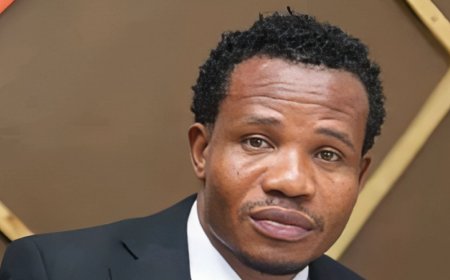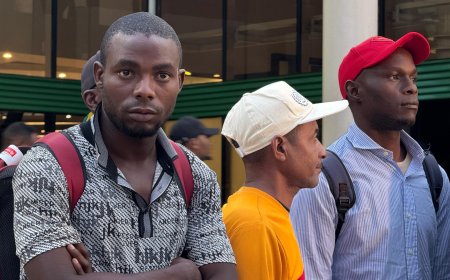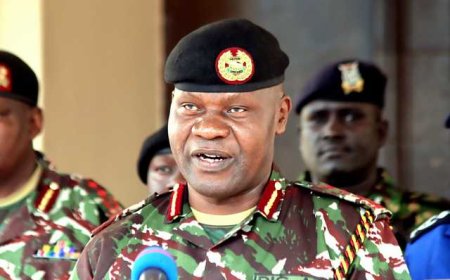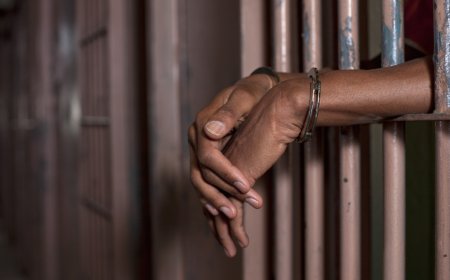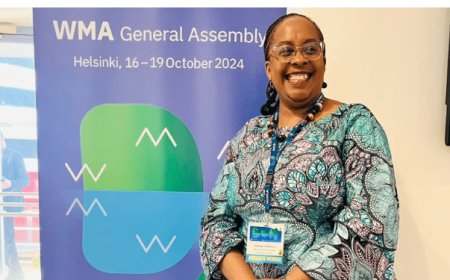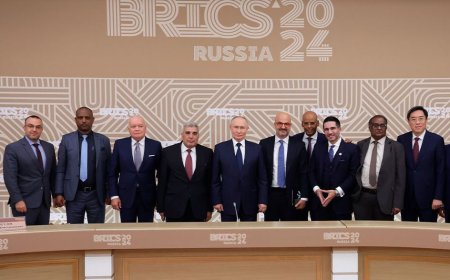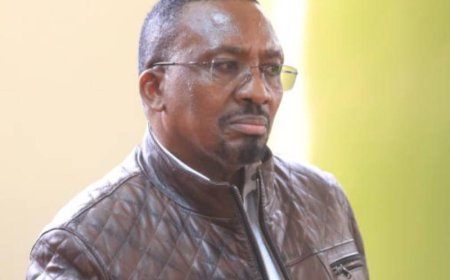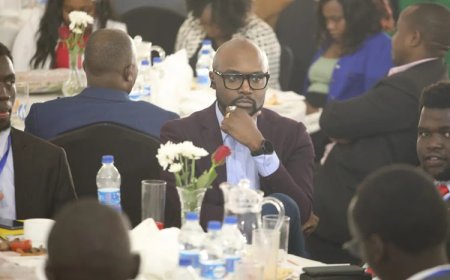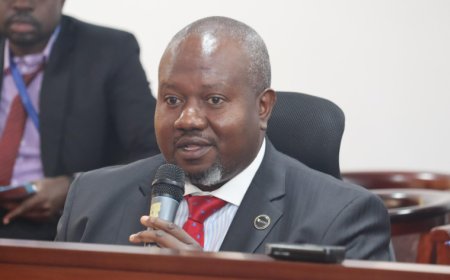Mahamoud Ali Youssouf Diplomat’s Vision for Leading the African Union.
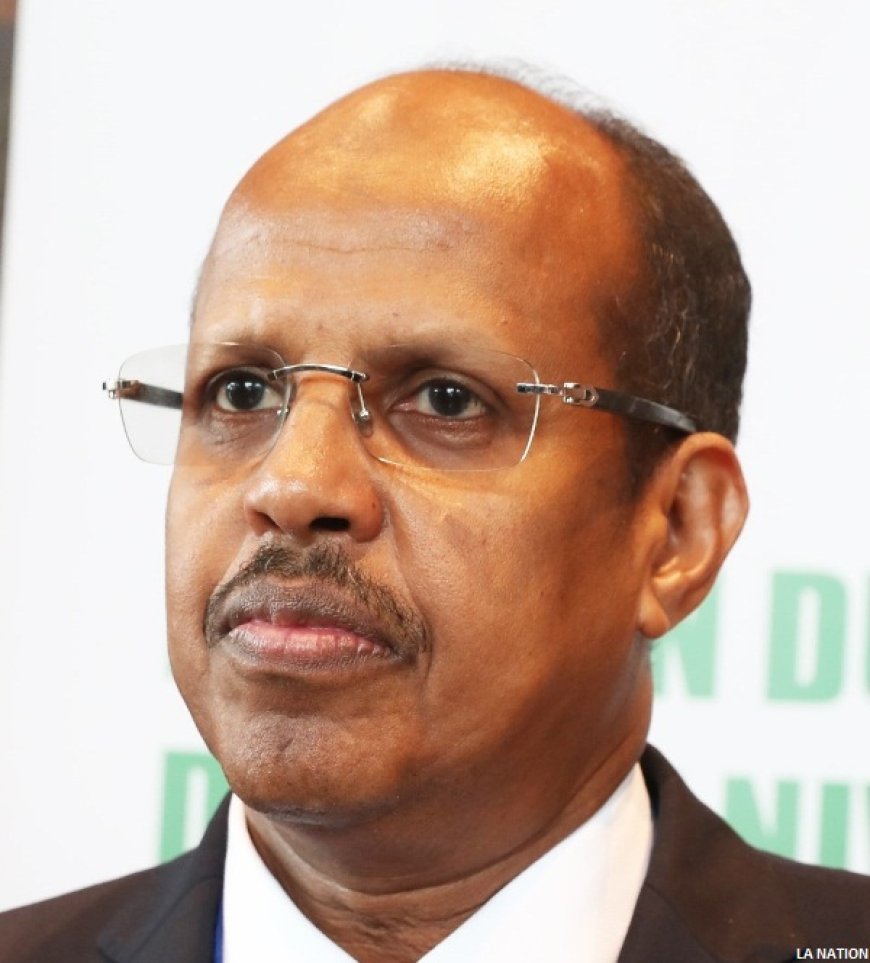
Next year 2025,the African Union (AU) will convene its Assembly of Heads of State to select the next chairperson for the African Union Commission. Among the contenders is Mahamoud Ali Youssouf, Djibouti’s seasoned Minister of Foreign Affairs, who has spent years shaping his career in diplomacy. The next chairperson will be tasked with guiding the AU through challenging times, as Africa strives to achieve industrialization, peace, and greater global influence under strong leadership.
Youssouf, born in 1965, began his education in Djibouti and later pursued further studies in France, the United Kingdom, Canada, and Belgium. He holds a business management degree from the University of Liverpool and completed additional studies at the Université libre de Bruxelles, equipping him with a robust foundation for his diplomatic career.
Youssouf’s journey in diplomacy started in the 1990s when he led the Arab Affairs Department within Djibouti’s Ministry of Foreign Affairs. He then served as Djibouti’s ambassador to Egypt and as minister-delegate for international cooperation. Since 2005, he has held the position of Minister of Foreign Affairs and International Cooperation.
Youssouf recognizes the immense challenges associated with such a critical role. Africa is currently behind in achieving several key milestones, including the ambitious Agenda 2063, which envisions a future of peace, prosperity, and unity for the continent. Among the priorities demanding attention are peace, security, and institutional reforms that will enable more efficient movement of goods, people, and capital across the continent. Youssouf is particularly dedicated to securing a permanent seat for Africa on the UN Security Council.
Reforming the AU itself is crucial to reshaping the narrative surrounding the organization. Youssouf is determined to implement the reforms discussed during the AU review, which are essential for establishing a functional, independent, and effective Commission. These reforms include restructuring the Commission, improving personnel management, securing sustainable funding, and clarifying the roles of regional economic communities and AU’s regional commissions. Such efforts are key to realizing the aspirations of the African people and driving the AU’s flagship programs forward.
The AU Commission, formed when the Organization of African Unity was transformed into the AU in 2002, is responsible for managing the organization's daily operations and implementing directives from the Assembly of Heads of State. Youssouf emphasizes the importance of prioritization within the Commission's agenda, noting that while there are 15 key programs, it is not feasible to pursue all simultaneously. Continued focus is needed on the achievements of the past decade, such as the African Continental Free Trade Area (AfCFTA), the common market for air transport, and various peacekeeping missions.
Youssouf also aims to strengthen the AU’s strategic partnerships with the European Union, China, and Japan, recognizing that these relationships are vital for enhancing the AU’s influence on the global stage. The AU’s recent inclusion in the G21, a group that plays a significant role in global economic and trade decisions, marks a victory for Africa. The next AU leadership will bear the responsibility of turning this opportunity into tangible benefits for the continent.
Ongoing projects include the Program for Infrastructure Development in Africa (PIDA) and the creation of an African passport, both of which aim to promote further integration and facilitate trade and skills exchange among the AU’s 54 member states.
Financial sustainability remains a significant challenge for the AU, with 70% of its programs currently funded by external partners—a situation Youssouf finds unsustainable. He believes that Africa has the capacity to finance its initiatives independently and must find ways to achieve this. Improving coordination with Africa’s regional economic communities and international multilateral bodies is key to enhancing the AU’s effectiveness.
Youssouf is also focused on developing Africa’s human capital, particularly its youth and women, whom he considers the continent’s greatest assets and potential risks. With the youngest population of any continent, Africa’s youth have the potential to drive innovation and progress. However, without proper training, skills, and opportunities, they could also become a source of instability. Youssouf advocates for empowering youth and women to ensure their active participation in Africa’s development.
Drawing from his experience in Djibouti, Youssouf believes that progress requires time, patience, and strong leadership. He sees Djibouti, now a global hub with successful partnerships and access to a vast region, as a model of what can be achieved through effective leadership.
As Youssouf prepares for the February 2025 AU election, he hopes that his extensive experience as Djibouti’s chief diplomat and the stability his country has maintained in a turbulent region will be recognized as strengths. He emphasizes the importance of a strong work ethic, sound judgment, and the ability to compromise—qualities he believes are essential for any leader.
Youssouf aspires to bring the successful strategies employed in Djibouti to the continental level, with the goal of sharing Djibouti’s achievements with the rest of Africa. His ambition drives his candidacy for the AU chairperson position, as he seeks to contribute to the ongoing efforts of building a united, prosperous, and peaceful Africa.
What's Your Reaction?







